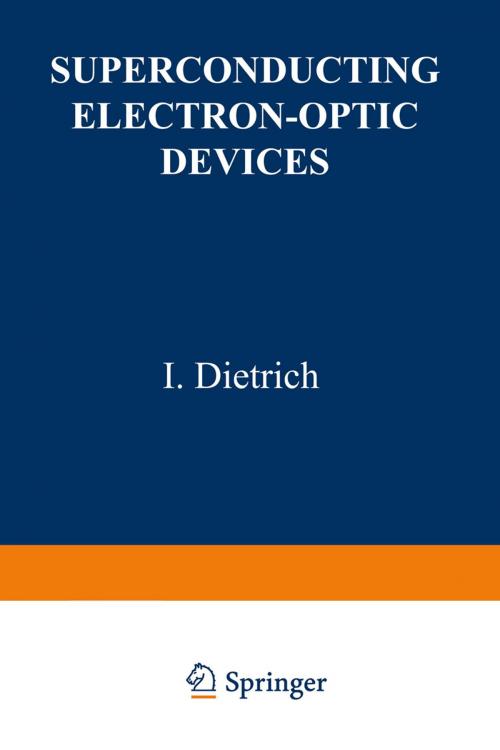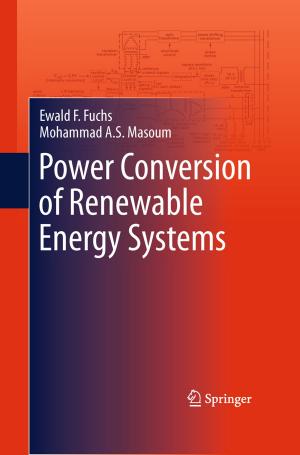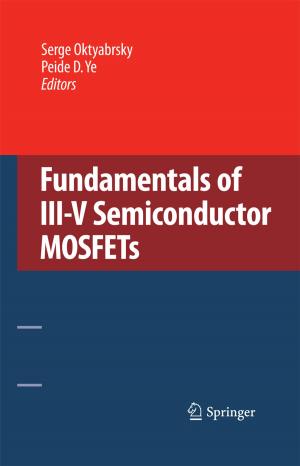Superconducting Electron-Optic Devices
Kids, Natural World, Nonfiction, Reference & Language, Education & Teaching, Science & Nature, Science| Author: | ISBN: | 9781468421996 | |
| Publisher: | Springer US | Publication: | December 6, 2012 |
| Imprint: | Springer | Language: | English |
| Author: | |
| ISBN: | 9781468421996 |
| Publisher: | Springer US |
| Publication: | December 6, 2012 |
| Imprint: | Springer |
| Language: | English |
* Electron optics involves the influence of electric and magnetic fields on electron beams. In those electron optical instruments utilizing magnetic fields, a replacement of the conventional, i.e .. nonsuperconducting, electron optical parts, is worth considering if the outstanding magnetic properties of superconductors can improve the systems. However, the use of superconductors demands complicated cryogenic techniques and this, of course, dampens enthusiasm. There are fields, however, where there are extreme requirements on the optical systems, namely, electron microscopy and high-energy physics. The great advantage of the combination of electron optics and superconductivity in these domains has been demonstrated in recent experiments. This monograph is mainly concerned with electron micros copy. Superconductivity in high-energy electron optics is treated only briefly, in Appendix A, since the author is little acquainted with the details of the projects. Furthermore, the number of experiments as yet carried out is small. In Appendix B, electron microscope studies of basic superconductor phenomena are reviewed. This material is included, even though it is only slightly connected with the main topic of the book, since a breakthrough in this field may be possible by the application of superconducting lenses.
* Electron optics involves the influence of electric and magnetic fields on electron beams. In those electron optical instruments utilizing magnetic fields, a replacement of the conventional, i.e .. nonsuperconducting, electron optical parts, is worth considering if the outstanding magnetic properties of superconductors can improve the systems. However, the use of superconductors demands complicated cryogenic techniques and this, of course, dampens enthusiasm. There are fields, however, where there are extreme requirements on the optical systems, namely, electron microscopy and high-energy physics. The great advantage of the combination of electron optics and superconductivity in these domains has been demonstrated in recent experiments. This monograph is mainly concerned with electron micros copy. Superconductivity in high-energy electron optics is treated only briefly, in Appendix A, since the author is little acquainted with the details of the projects. Furthermore, the number of experiments as yet carried out is small. In Appendix B, electron microscope studies of basic superconductor phenomena are reviewed. This material is included, even though it is only slightly connected with the main topic of the book, since a breakthrough in this field may be possible by the application of superconducting lenses.















